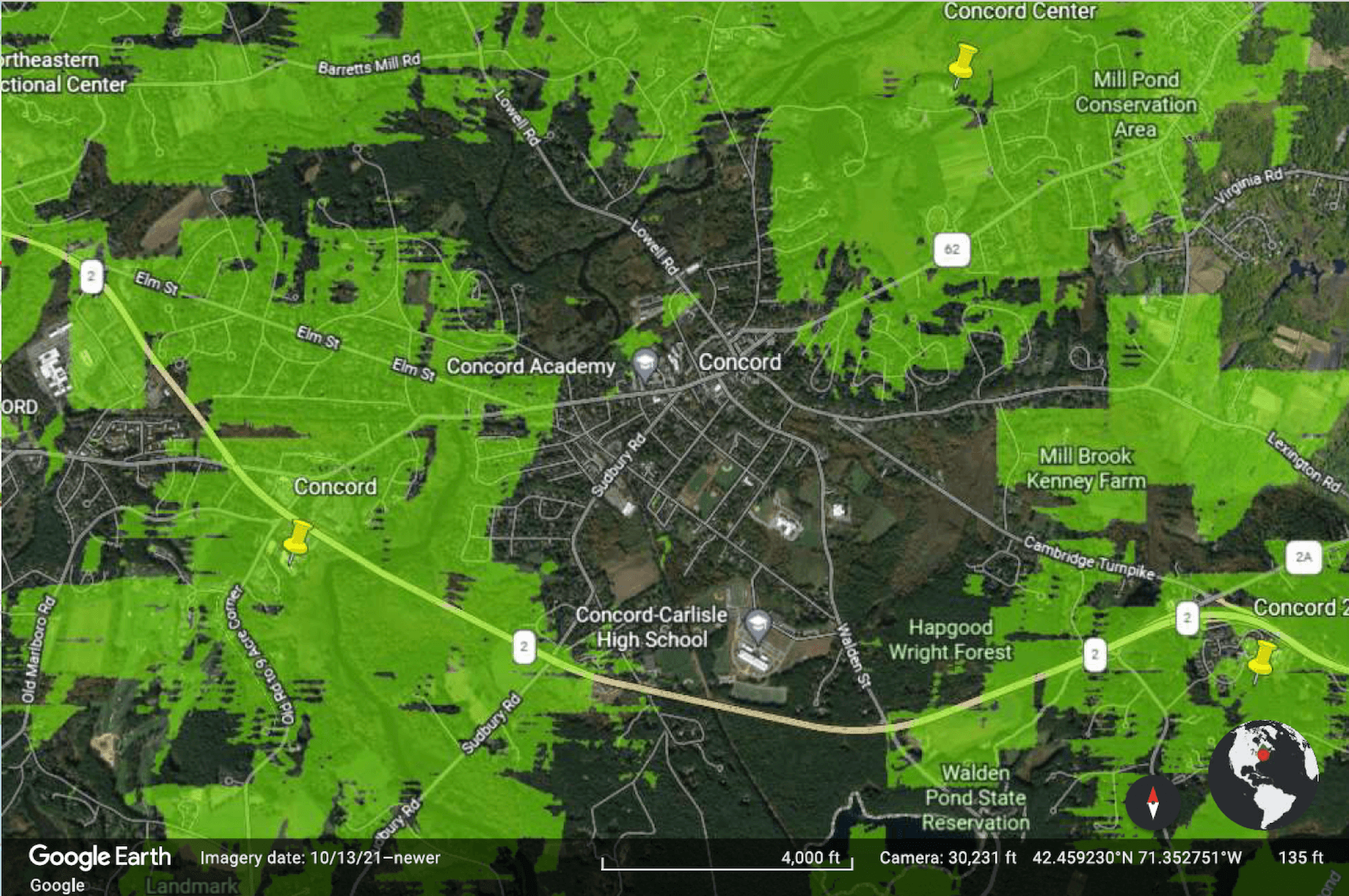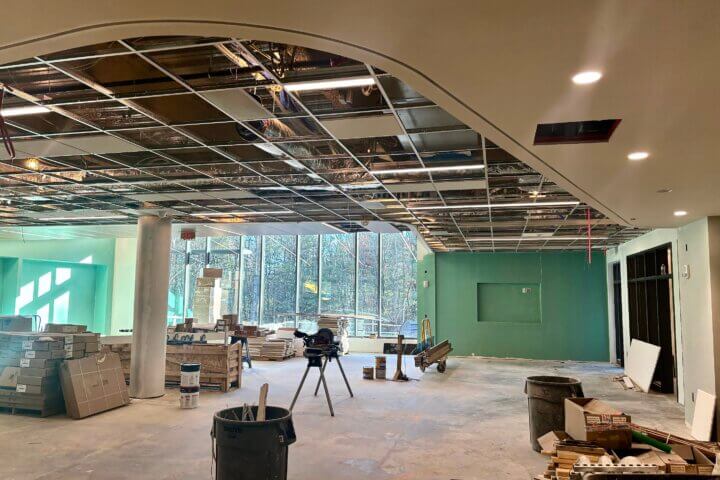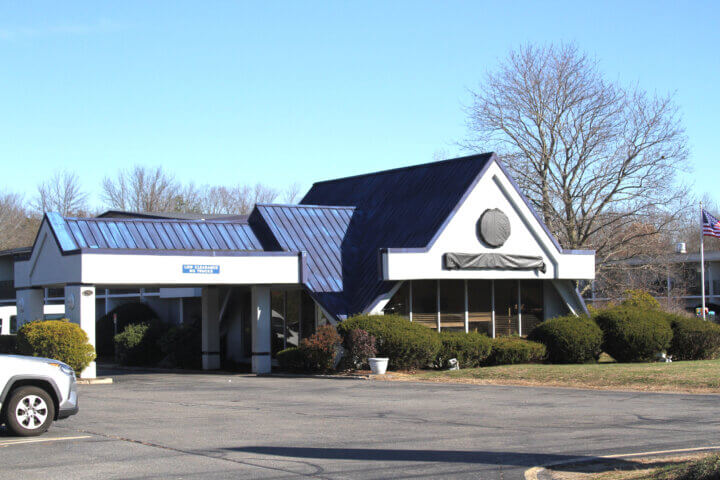At Concord-Carlisle High School, cell phone service is so spotty that students can’t even get a text when their parents are outside waiting to pick them up.
Students are welcoming the news that the district is exploring the possibility of locating a cell tower near CCHS, saying the campus’s current unreliable cell service undermines timely communication with both family members and emergency responders. Some are also skeptical of the plan.
Proponents call the cell tower a “necessary change” and anticipate it will improve poor service they say should have been fixed long ago. Lack of service yields “miscommunications and other annoyances,” summarized student Jo Wigton ‘25, noting that trying to contact family widely prevails as a primary concern, alongside overall safety considerations.
Students regard the prospective tower as “vital” in a possible emergency. Kai Henning ‘25 anticipates “improved student safety and connectivity.” Currently, “it is a wild run around the school trying to get signal.”
Added another student, “I have actually experienced situations where I thought I was in danger or I was going to miss an appointment because I could not text my parents.”
Apart from necessity, a few students suggest the cell tower may be beneficial in terms of convenience as well. Evan Moffitt ‘26 called it “a great idea to increase overall connection during afterschool activities or during class,” including for tasks such as uploading notes.
Still, some students are leery of the cell tower’s expected proximity to the building. “The amount of radiation… puts CCHS students’ and staffs’ health at risk,” one said, questioning why the tower must be located on the CCHS campus instead of elsewhere such as “conservation land [that] is not being used.” The potential health-related effects of cell towers are associated “especially with the brain,” conjectured another student, which “students kinda need” if “we’re trying to learn.”
Groups like the American Cancer Society have not taken the official stance that radiofrequency (RF) radiation from cell phones and towers is linked to illness in humans. ACS says while there’s currently not enough hard evidence to reach that conclusion, more research is merited.
If cell service improves at CCHS, some express concern that students “will start using their phones more often [than] they already do now.” Wigton and others think the new phone caddy policy, which restricts phone use in class, seems to “do a pretty good job” of limiting distracting device time — although another student pointed out that given the access to laptops, “the lack of cell towers does nothing to minimize digital distraction from school [anyway].”
Aside from the potential benefits or harms of a cell tower project, a number of students revealed another apparent communication gap: They say they have heard little to nothing about a potential forthcoming tower.






